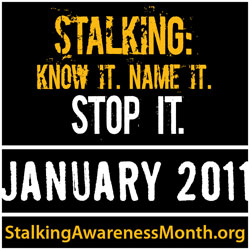 The Justia Dockets & Filings website offers attorneys, journalists, litigants, and legal researchers a simple tool for discovering and tracking litigation in the various federal courts. I find the website to be absolutely indispensable for tracking who is suing and who is being sued.
The Justia Dockets & Filings website offers attorneys, journalists, litigants, and legal researchers a simple tool for discovering and tracking litigation in the various federal courts. I find the website to be absolutely indispensable for tracking who is suing and who is being sued.
For example, I subscribe to the following RSS feeds to track lawsuits involving technology companies, such as Google, Facebook and Apple. You will find a routine stream of complaints over privacy, patents and petty consumer grievances. For the latter group, I sometimes wonder about the plaintiffs who cannot resolve minor disputes without resorting to a federal class action. In this day and age of increasing transparency in the legal system, are these plaintiffs giving sufficient forethought to how a potential future employer may view their degree of litigiousness over seemingly trivial disputes?





 British authorities arrested Wiikileaks founder and editor-in-chief Julian Assange on Tuesday based upon a
British authorities arrested Wiikileaks founder and editor-in-chief Julian Assange on Tuesday based upon a  These presents aren’t going to wrap themselves, folks.
These presents aren’t going to wrap themselves, folks.